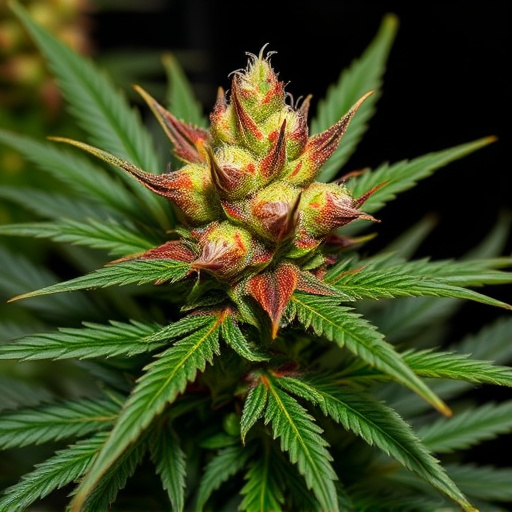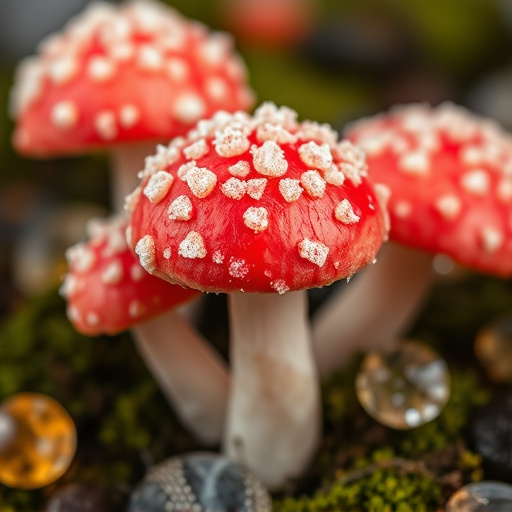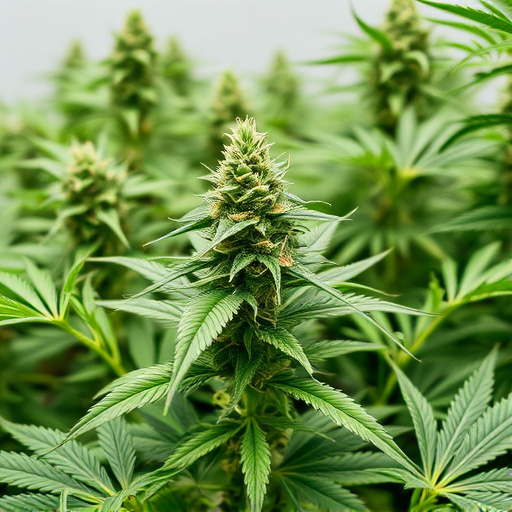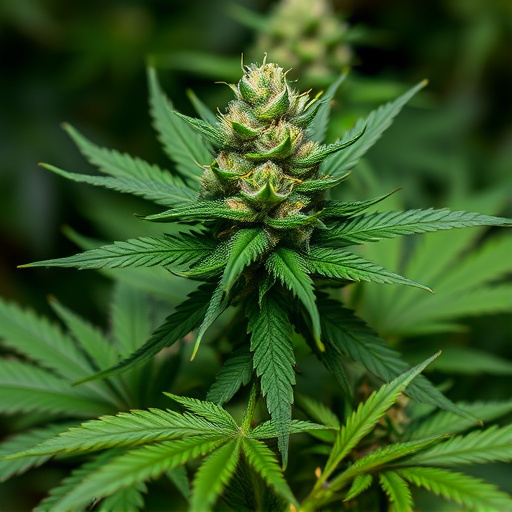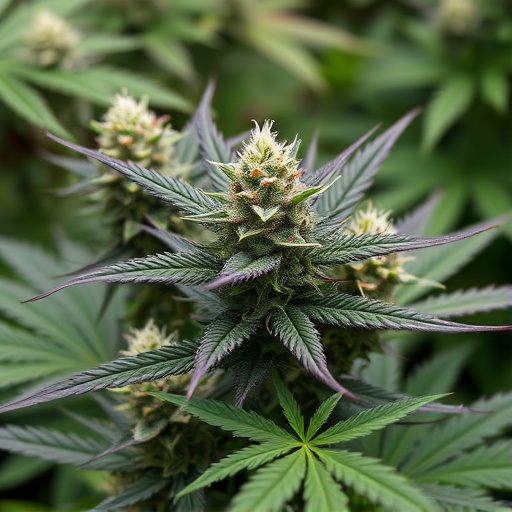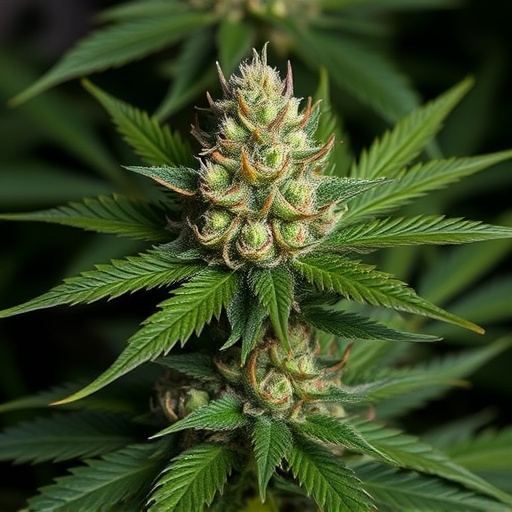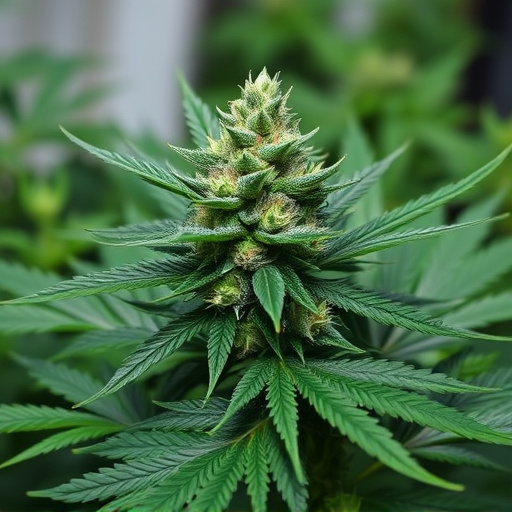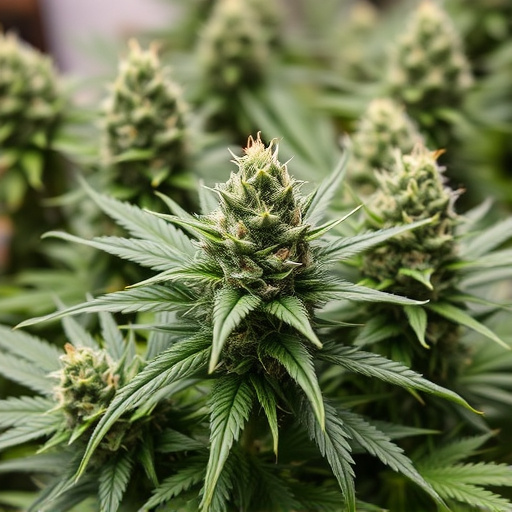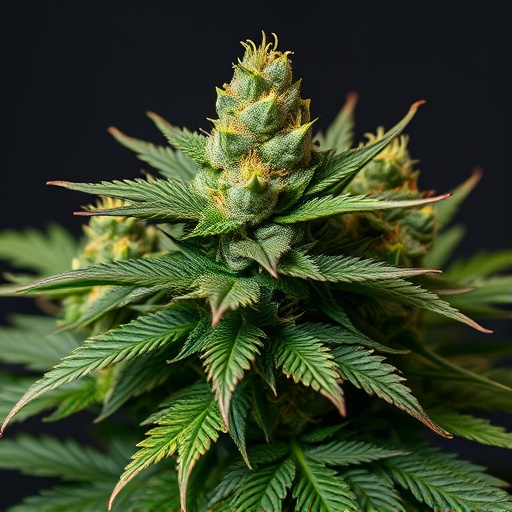While indica cannabis strains offer calming effects popular for evening or bedtime consumption, they carry significant health risks. These include increased anxiety, paranoia, motor skill impairment, dependence, and tolerance buildup, especially in users with mental health conditions. Potent indicas can irritate respiratory systems and regular use may lead to financial strain due to higher doses. Short-term side effects like dry mouth, eyes, increased heart rate, dizziness, and heightened sensitivity are common, while long-term consumption may cause chronic cognitive, respiratory, and cardiovascular issues. Indica's sedative effects could mask symptoms of pre-existing mental health conditions, leading to dependence and worsened outcomes over time. Professional advice is crucial for understanding these risks.
“Exploring the Risks Associated with Indica Cannabis Flower: A Comprehensive Guide
Indica cannabis strains, known for their relaxing effects, come with potential health risks that are essential to understand. This article delves into the physical and mental side effects, particularly focusing on indica’s unique impact compared to Sativa varieties. We examine the effects of THC and CBD, highlighting short-term vs. long-term use dynamics and individual vulnerabilities. Additionally, we navigate regulatory challenges, emphasizing the importance of standardized testing and reliable sourcing to mitigate risks related to inconsistent labeling and potency.”
- Potential Health Risks Associated with Indica Cannabis Strains
- – Physical side effects
- – Mental health considerations
Potential Health Risks Associated with Indica Cannabis Strains
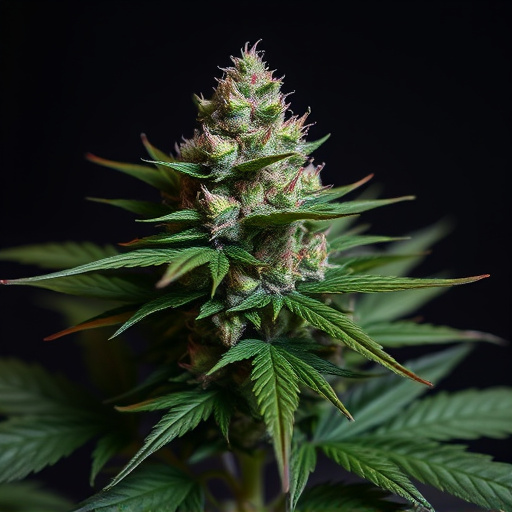
While many people enjoy the calming effects of indica cannabis strains, it’s crucial to be aware of potential health risks associated with their use. Unlike sativa strains known for their uplifting and energizing properties, indicas tend to induce relaxation and sleepiness, making them popular choices for evening or bedtime consumption. However, this heightened sense of calmness can sometimes come at a cost. One significant risk is the possibility of increased anxiety or paranoia in some users, particularly those with pre-existing mental health conditions. The sedative effects of certain indicas may also impair motor skills and coordination, making daily tasks more challenging and potentially increasing the risk of accidents.
Additionally, regular consumption of indica strains could lead to dependence and tolerance buildup, requiring higher doses over time to achieve the desired effect. This can result in adverse side effects and financial strain due to increased cannabis use. It’s also worth noting that some indicas may contain elevated levels of resins and terpenes, which, while contributing to their therapeutic properties, can be irritating to respiratory systems, especially for those with pre-existing lung conditions or a history of smoking.
– Physical side effects
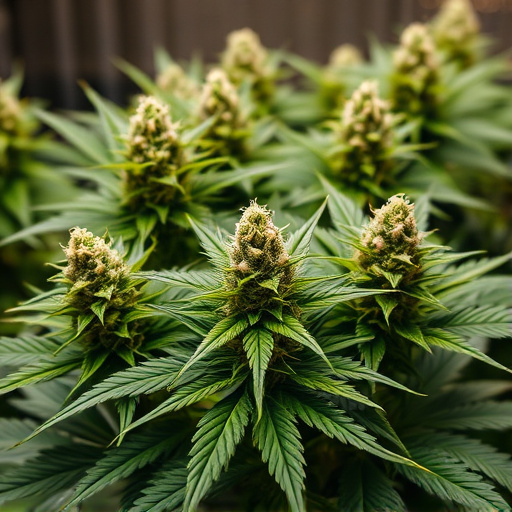
Using cannabis, especially indica cannabis strains, can lead to several physical side effects that users should be aware of. Short-term impacts may include dry mouth and eyes, increased heart rate, dizziness, and a heightened sense of sensitivity to light and sound. These effects are often more pronounced in higher doses or with certain potent indica varieties.
Longer-term consumption can result in chronic issues such as impaired cognitive function, including memory and concentration problems. Studies suggest that regular cannabis use may also contribute to respiratory problems due to the inhalation of smoke, particularly in those who consume through smoking methods. Additionally, there’s a growing body of research indicating potential links between cannabis use and cardiovascular risks, especially with high-THC strains.
– Mental health considerations
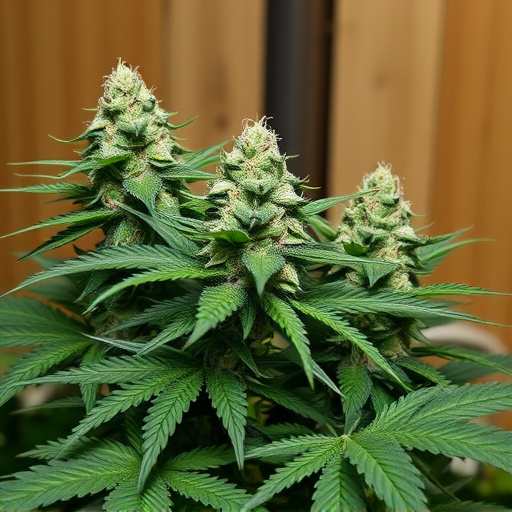
Using cannabis, especially indica cannabis strains, can have mental health implications that are often under-discussed. While some users report a sense of relaxation and stress relief, regular consumption may exacerbate existing mental health conditions such as anxiety, depression, or psychosis. The impact is particularly pronounced in young people whose brains are still developing. Studies suggest that early exposure to cannabis, especially at higher potencies, can increase the risk of developing mental health disorders later in life, including schizophrenia and mood disorders.
The interaction between cannabis and pre-existing mental health conditions deserves careful consideration. For individuals already dealing with anxiety or depression, indica strains’ sedative effects might initially provide temporary relief. However, long-term use could lead to a cycle of dependence and worsened symptoms. It’s crucial for consumers, especially those who are prone to mental health issues, to understand the potential risks and seek professional advice before incorporating cannabis into their routine, particularly when exploring specific indica strains.
While indica cannabis strains offer various therapeutic benefits, it’s crucial to be aware of potential risks. Understanding the physical and mental health considerations associated with these strains is essential for responsible use. By staying informed about the effects of indica cannabis, users can make educated decisions and navigate its consumption safely.
